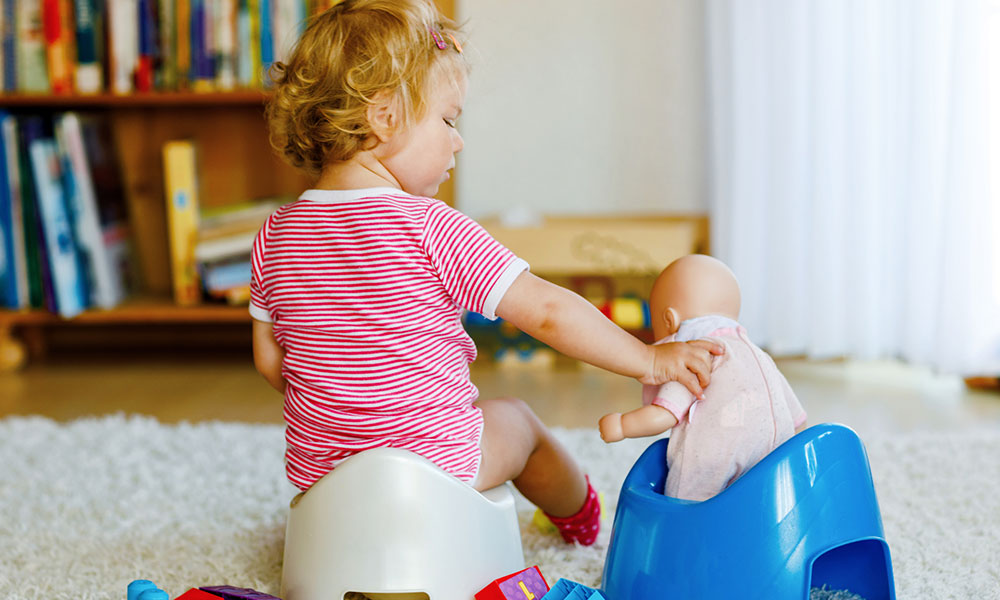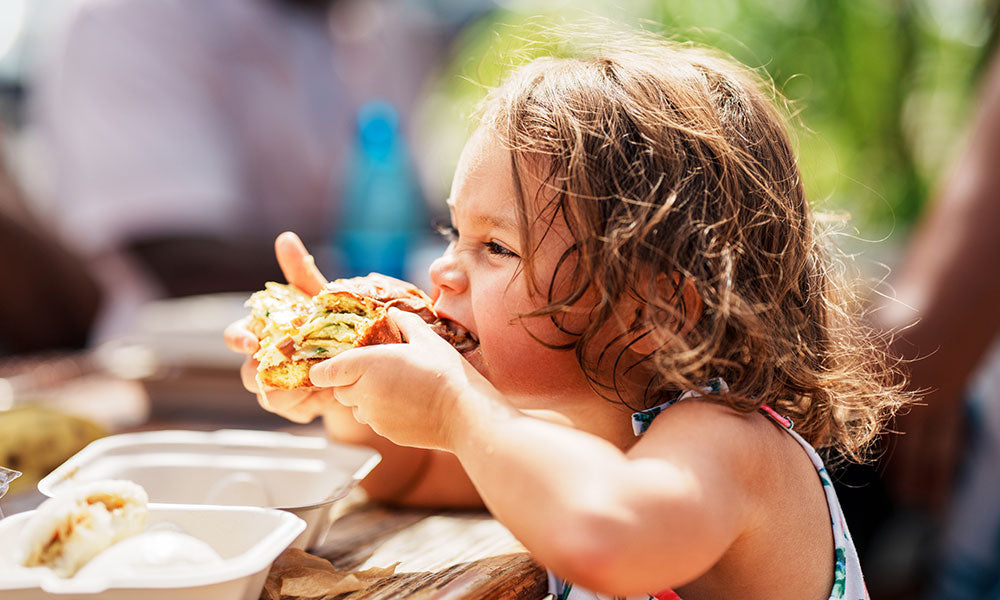Potty training is a milestone gifted children may reach later than expected. Although a larger body of research could shed more light on this phenomenon, anecdotal evidence is mounting. More parents of kids who seem more mature for their age share similar experiences on many online forums.
Any gifted toddler doing less well at potty training than their peers needs adequate support. Learn about the unique challenges of toilet training children with extraordinary abilities and tips for dealing with them.
Average Potty Training Age
The American Academy of Pediatrics says that children in the United States begin toilet training between the ages of 2 and 3, on average. Kids who stay dry throughout the day may learn how and when to use a potty sooner. Most kiddos are bladder- and bowel-trained by the age of 4.
Do Gifted Toddlers Face Unique Challenges During Potty Training?
Some parents of gifted children have noticed that their little ones only become receptive to potty training at a later age. The following reasons may explain why.
Physical Dexterity
Gifted children sometimes experience asynchronous development, which means they may demonstrate advanced intellectual abilities but lag in other areas.
Kids displaying traits of giftedness may take more time to be physically dexterous than their nongifted peers. Toilet training is more fruitful when your child can manage their clothes, walk to the potty and sit down independently.
Emotional Regulation
Some gifted children may struggle with modulating emotions. Poor impulse control and difficulties coping with social expectations around toileting can make them anxious about potty training.
Aside from asynchronous development, this emotional issue can stem from a learning disability. Twice-exceptional kids — gifted and learning disabled — may struggle with emotional regulation.
Sensory Sensitivity
Twice-exceptional children may find the sensations associated with potty training uncomfortable or overwhelming. For instance, about 80% of neurodiverse kids have sensory processing disorder — a condition causing a person to react inappropriately to stimuli.
These children may be more receptive to this activity after managing their sensitivity to the toilet paper’s roughness and feeling of wetness.
Distractability
Gifted kiddos can be strongly curious and become hyperfocused on tasks. Being engrossed in their activity may cause them to ignore their bodily needs and express disinterest in potty breaks.
Disobedience
Gifted toddlers may purposely refuse potty training because it’s too boring. They’re interest-driven, so they may be reluctant to do things they deem unimportant. Although these children aren’t inherently rebellious, they may butt heads with adults when feeling forced to do something against their will.
Moreover, your gifted kid may already know how to use a potty but choose not to do it. They may suddenly stop using diapers without parental pressure.
Potty Training Regression
Children learning toileting skills may occasionally wet the bed. However, isolated accidents aren’t evidence of potty training regression — a pattern of puddles is. This phase can be frustrating to you and your toddler.
Gifted kiddos may regress toward their full-time diapers due to psychological factors, such as stress-causing changes and traumatic experiences. Medical conditions like constipation are also typical culprits. Stool buildup can put pressure on constipated children’s bladders, causing them to pee more frequently and urgently.
Parental Anxiety
Many parents want their gifted children to attend preschool early or skip grades to support their academic needs. The problem is some preschools only accept toilet-trained kids. This policy can stress parents with gifted toddlers.
Tips for Potty-Training Gifted Toddlers and Preschoolers
Training a gifted child below or above 3 years old to use a potty doesn’t have to be more challenging than it is. Follow these tips to make everyone’s life easy.
Introduce the Concept Early
Although some parents have successfully potty-trained children as young as five weeks old, toddlers need adjustment after wearing diapers for too long.
Bring up potty training to your kid as early as possible. Let the idea sink in to help your child mentally adjust to this activity and be ready come training time.
By the time your child reaches 18 months, aim to tick these boxes:
- Teaching the words “pee,” “poop” and “potty”
- Showing the bathroom’s location
- Training your kid to come to you for diaper changes
Target these goals by the time your toddler becomes 21 months old:
- Explain the toilet’s purpose.
- Show the other toilets in the house.
Afterward, show what a potty chair is. Place it where your child spends the most time for a few days before relocating it to the bathroom. Allow them to walk to and sit on the little bowl without wearing a diaper.
Encourage them to potty train a doll or stuffed animal. Make-believe play can help drive home the idea.
Note Signs of Readiness
Several developmental signs indicate potty readiness to avoid training your gifted toddler prematurely, which can be futile. You’ll know your kid is physically and mentally ready when they’re able to:
- Communicate their need to go.
- Follow basic instructions.
- Mimic adults using the toilet.
- Demonstrate well-established gross motor skills.
Aside from staying dry for extended periods through the day — especially after a nap — your kid should express general interest in using the bathroom and toilet. They should also be eager to please others and withhold pee or poop without a diaper on.
Regular bowel movement is a must during potty training. If your child poops irregularly or pees with pain or discomfort, they may have a medical condition. Take them to their pediatrician for diagnosis and treatment first.
Practice Positive Reinforcement
Research has shown that fear of failure is one of the most common roadblocks that gifted children face. As they grow older, feeling terrified of the prospect of being wrong may cause them to underperform academically and underachieve, manifesting as what’s known as “smart student syndrome” or “gifted kid syndrome.”
Gifted individuals respond positively to praise and reward, and this celebration of their efforts, not just their successes, is worthy of acknowledgement. Every trip to the potty is a small win worth celebrating. Commend your little one’s effort to build their confidence and encourage them until they get used to it.
Accidents are part of the process, especially during potty training regression. Avoid negative language to create a supportive, forgiving environment to protect your child’s self-esteem. Otherwise, they may develop an unhealthy attitude toward failure — a sentiment they may carry as they grow older.
Create a Comfortable Environment
Every gifted child is different and has unique needs. Tailor your approach to your kid’s distinct personality to make toileting enticing and less intimidating. For example, a potty trainee with sensory processing difficulties or sensitive skin may benefit from underwear with softer fabric and mindful designs. Toilet paper with fun prints can make the experience more enjoyable.
Potty Train Your Gifted Toddler or Preschooler Properly
Teaching exceptionally bright children toileting skills can be challenging, but patience and perseverance are gifts that keep giving. Follow these tips to help your kid reach this milestone smoothly.



